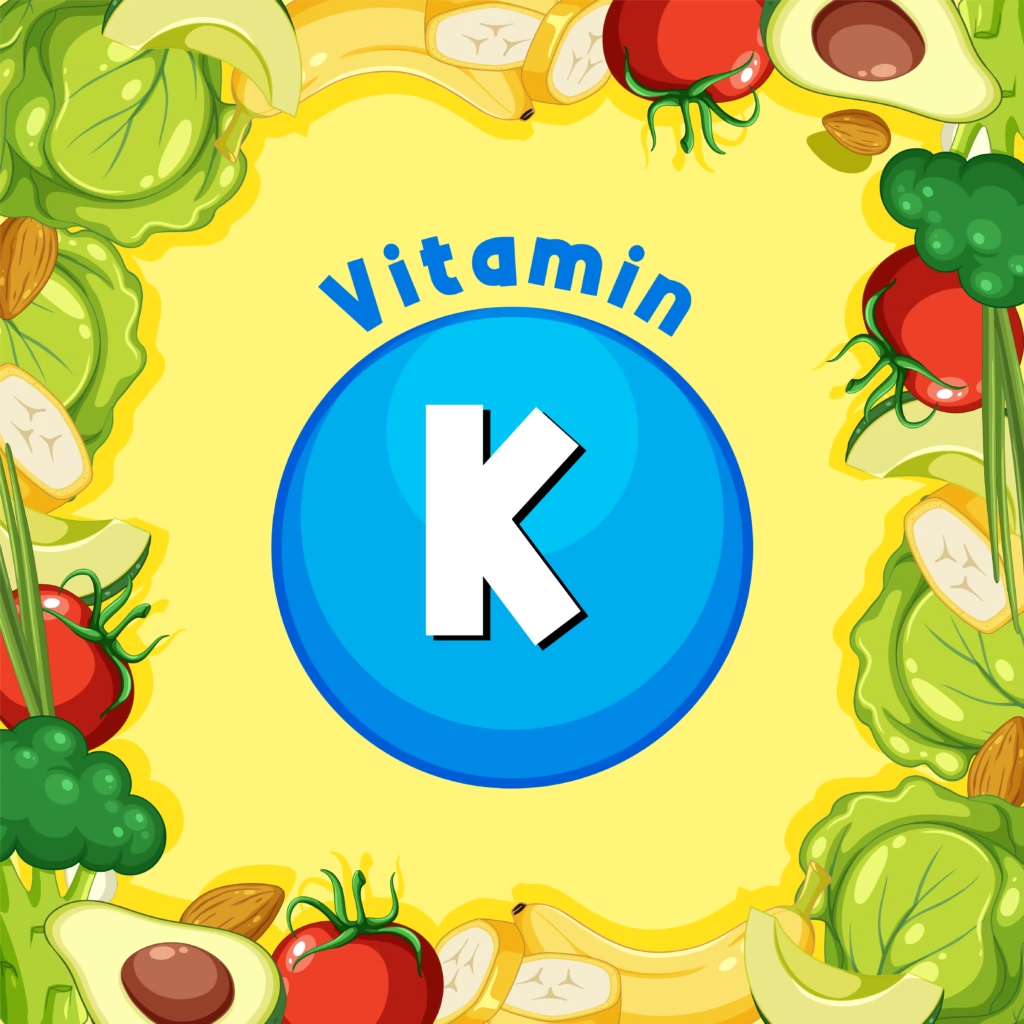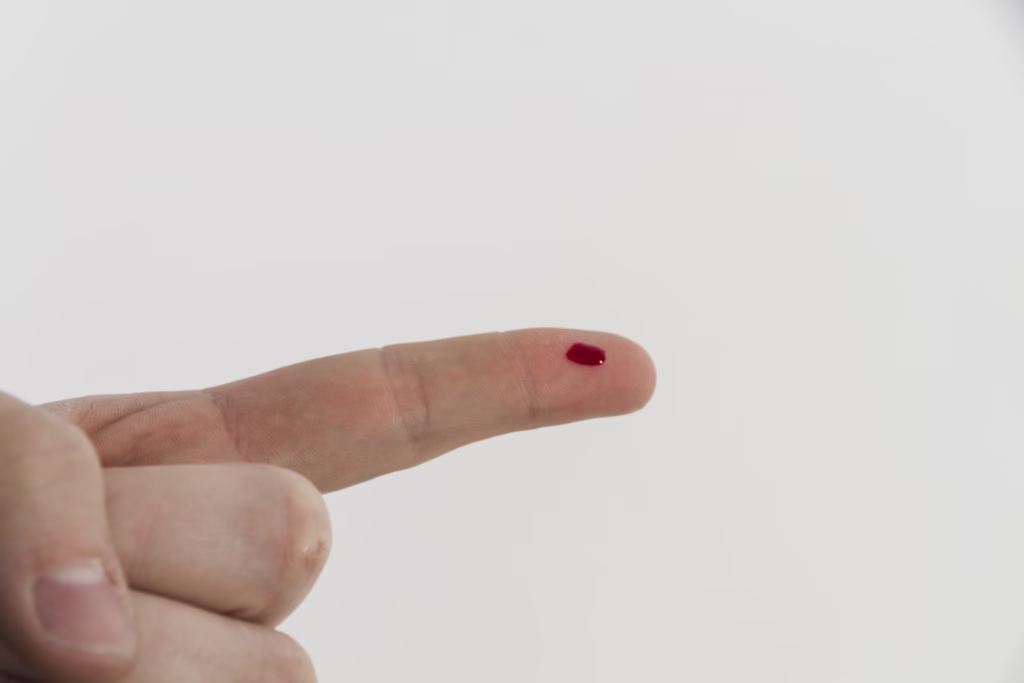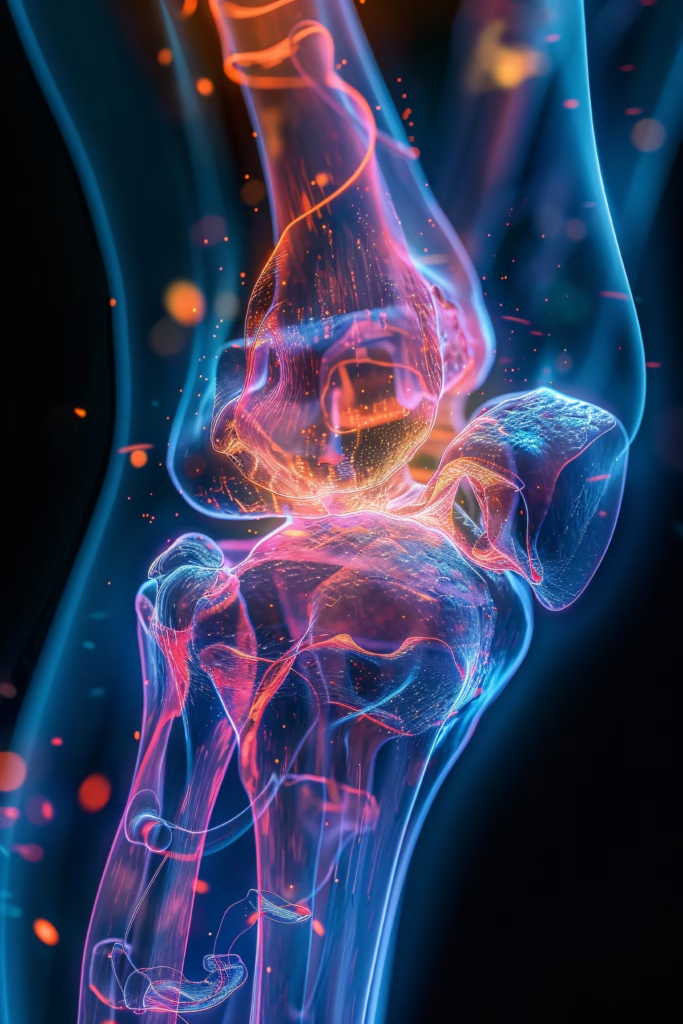Learn about Vitamin K’s role in blood clotting and bone health, symptoms of deficiency, top food sources, and when supplementation is needed — explained by a doctor.

Table of Contents
🩺 Introduction: The Quiet Hero in Your Body
When we talk about essential vitamins, names like Vitamin D or C often steal the show. But there’s one lesser-known nutrient silently doing some life-saving work in the background—Vitamin K. Despite not being as famous, it plays a vital role in your everyday health.
From preventing dangerous bleeding to keeping your bones strong and possibly protecting your heart, Vitamin K is truly one of the body’s behind-the-scenes champions. As a doctor, I often find that patients are unaware of how crucial it is—until there’s a problem.
In this article, we’ll unpack:
- What Vitamin K is and the different types
- What it does in your body
- Signs you might be low on it
- Who is most at risk
- How to get it through food
- Whether you should consider supplementation
🧬 What Is Vitamin K?
Vitamin K belongs to the group of fat-soluble vitamins, meaning it gets stored in the body’s fat tissues and liver for future use. Unlike water-soluble vitamins (like Vitamin C), fat-soluble ones stick around longer—so both deficiency and excess need attention.
There are two main forms of Vitamin K:
🥬 1. Vitamin K1 (Phylloquinone)
- Green leafy vegetables like spinach, kale, and broccoli are among the richest natural sources of Vitamin K.
- Primarily supports blood clotting
🧀 2. Vitamin K2 (Menaquinone)
- Found in fermented foods and animal products like natto, cheese, eggs, and liver
- Supports both bone and heart health
- Produced in small amounts by your gut bacteria
While both types contribute to health, they behave differently in the body. K1 is more readily used by the liver for blood clotting, while K2 circulates longer and is more involved in bone and cardiovascular health.
🧠 Key Functions of Vitamin K in the Body
Vitamin K wears many hats, and here are its top roles:

🩸 1. Essential for Blood Clotting
If you get a cut, your body immediately goes to work forming a clot to stop the bleeding. Vitamin K is absolutely essential for this process. It activates several proteins (known as clotting factors) that are part of the cascade that forms a stable blood clot.
🔍A lack of Vitamin K can make even small injuries lead to excessive bleeding, frequent bruising, or even internal bleeding. That’s why newborns are routinely given a Vitamin K injection at birth—to prevent a rare but deadly condition called Vitamin K Deficiency Bleeding (VKDB).

🦴 2. Promotes Strong Bones
Vitamin K plays a role in maintaining healthy bones by activating osteocalcin, a protein that helps bind calcium to your bone matrix. Without sufficient Vitamin K, bones can become weak and brittle—even if calcium and Vitamin D intake is adequate.
📊 Several studies have linked higher Vitamin K intake with improved bone mineral density and a lower risk of fractures, especially in older adults.
❤️ 3. May Help Protect Heart Health
Emerging research shows that Vitamin K2, in particular, may help prevent arterial calcification—the dangerous buildup of calcium in your blood vessels.
It does this by activating Matrix Gla-Protein (MGP), which prevents calcium from depositing in the walls of arteries. Though still being studied, this suggests Vitamin K could help reduce the risk of atherosclerosis, high blood pressure, and cardiovascular disease.
⚠️ Signs and Symptoms of Vitamin K Deficiency
Vitamin K deficiency is rare in healthy adults who eat a well-balanced diet, but it can occur—especially in people with liver issues or digestive disorders.
🧯 Common Symptoms:
- Easy bruising
- Bleeding gums
- Frequent or prolonged nosebleeds
- Heavy or prolonged menstrual bleeding
- Excessive bleeding from small cuts
- If the deficiency becomes severe, it may cause hidden internal bleeding or visible blood in the urine or bowel movements.
- In infants: risk of spontaneous brain or intestinal bleeding
🧬 Who Is at Risk of Vitamin K Deficiency?
Even though deficiency is rare, certain conditions and lifestyle factors increase your risk:
➤ 1. People with Malabsorption Disorders
Since Vitamin K is fat-soluble, any condition that affects fat absorption can reduce its availability. These include:
- Celiac disease
- Crohn’s disease
- Ulcerative colitis
- Cystic fibrosis
- Chronic pancreatitis
- Liver disease
➤ 2. Long-Term Use of Antibiotics
Broad-spectrum antibiotics can disrupt your gut microbiota, reducing the production of Vitamin K2 in your intestines.
➤ 3. Newborns
Newborn babies have:
- Low Vitamin K stores
- Sterile intestines (no gut bacteria to make K2)
- Immature liver function
That’s why Vitamin K shots at birth are standard in hospitals around the world.

➤ 4. People on Blood Thinners
Medications like warfarin (Coumadin) work by blocking Vitamin K’s action in blood clotting. People taking these drugs must carefully manage their Vitamin K intake to prevent any complications.
🥗 Top Food Sources of Vitamin K
You can easily meet your Vitamin K needs just by eating a healthy, balanced diet. Here are some top sources:
| Food | Type | Vitamin K Content |
|---|---|---|
| Kale (1 cup, cooked) | K1 | ~1,000 mcg |
| Spinach (1 cup, cooked) | K1 | ~890 mcg |
| Broccoli (1 cup, cooked) | K1 | ~220 mcg |
| Natto (fermented soybeans) | K2 | ~1,000 mcg |
| Hard cheeses | K2 | ~75 mcg per 100g |
| Egg yolks | K2 | ~32 mcg per yolk |
| Chicken liver (100g) | K2 | ~13 mcg |
🔔 Reminder: Add a source of healthy fat (like olive oil or ghee) to help your body absorb Vitamin K more efficiently.

📏 Recommended Daily Intake (RDI)
The RDI for Vitamin K varies slightly by gender and country:
| Group | RDI (mcg/day) |
|---|---|
| Adult men | 120 mcg |
| Adult women | 90 mcg |
| Pregnant/breastfeeding | 90 mcg |
| Children | 30–75 mcg (age-dependent) |
Most people can easily meet these needs through regular consumption of vegetables and fermented foods.
💊 Do You Need a Vitamin K Supplement?
In general, most people do not need a Vitamin K supplement if they eat a balanced diet. However, supplements may be recommended if you:
- Have a diagnosed deficiency
- Are on long-term antibiotics
- Have a chronic GI or liver condition
- Are taking anticoagulants (under doctor supervision only)
- Are preparing for or recovering from surgery
🧠 Pro Tip: Vitamin K2 supplements (usually MK-4 or MK-7) are becoming popular for bone and heart support, but always consult your doctor before taking them—especially if you’re on any medications.
🩺 Doctor’s Takeaway Advice
As a physician, here’s my simple advice for maintaining healthy Vitamin K levels:
✅ Include a mix of leafy greens and cruciferous veggies in your meals to boost your Vitamin K intake.
✅ Include fermented foods and eggs regularly
✅ Pair Vitamin K-rich foods with healthy fats
✅ Don’t self-prescribe supplements—check with your doctor, especially if you’re on medications like warfarin
✅Make sure newborns receive the Vitamin K injection at birth to prevent bleeding disorders.
✅ Quick Recap
| Function | Role |
|---|---|
| Blood Clotting | Activates clotting factors to stop bleeding |
| Bone Health | Activates proteins to bind calcium to bones |
| Heart Health | May reduce arterial calcification |
| Deficiency Signs | Easy bruising, bleeding gums, prolonged bleeding |
| Food Sources | Leafy greens (K1), fermented foods, liver, eggs (K2) |
| At-Risk Groups | GI disorders, liver disease, newborns, those on antibiotics or blood thinners |
📘 Coming Up Next: Vitamin C – The Immunity Powerhouse
In the next article, we’ll explore Vitamin C—your go-to nutrient for fighting infections, healing wounds, boosting skin glow, and building collagen. Stay tuned for everything you need to know about this antioxidant hero.
